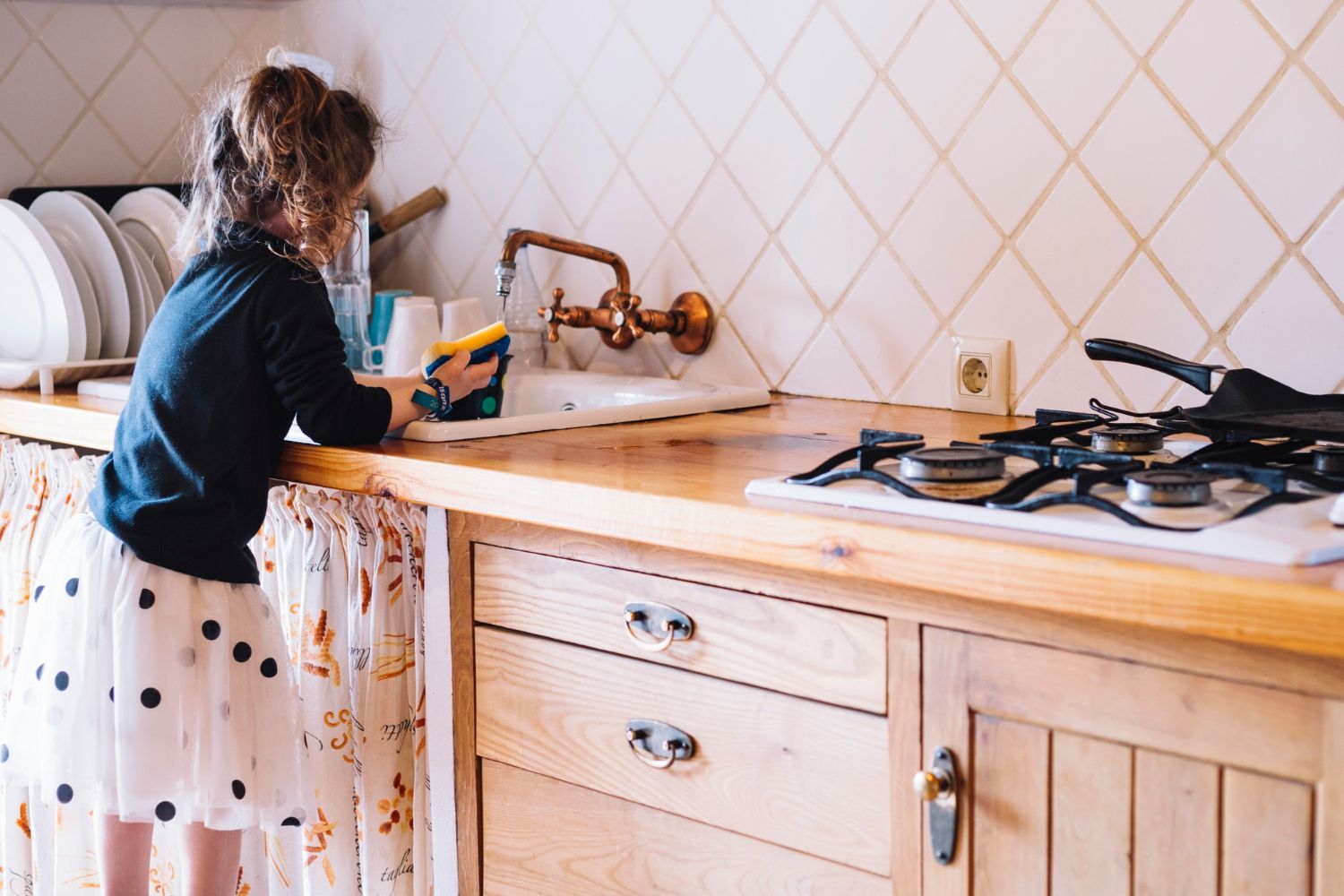VIEW ALL
View All
Our Services
KITCHEN REMODEL
VIEW DETAILSBATHROOM REMODEL
VIEW DETAILSFire & Smoke Restoration
VIEW DETAILSWATER DAMAGE & FLOOD REPAIR
VIEW DETAILSFULL HOME REMODEL
VIEW DETAILSCUSTOM HOME REMODEL
VIEW DETAILSRequest Free Estimate
Thank you for contacting us.
We will get back to you as soon as possible.
We will get back to you as soon as possible.
Oops, there was an error sending your message.
Please try again later.
Please try again later.
Check out our Blog!

By Victor K
•
October 16, 2024
Building an ADU in Seattle is possibly the best way to increase the value of property, create additional space to live in, or generate rental income. Without proper guidance, the process will be overwhelming. In this guide, we'll take you through steps on how to build an ADU Seattle with adherence to all local regulations. A Quick ADU Seattle Project Guide Identifying the Needs an ADU Can Fulfill First and foremost, you need to understand why you need an ADU. An ADU can fill several needs since it is highly versatile. These include: Rental Income: Many homeowners build ADUs to create passive income through the opportunities of long-term or short-term rentals, even vacation rentals. Family Accommodation: ADUs can offer comfortable living space to aging parents, adult children, or extended family members, making the home multigenerational. Guest Quarters: An ADU can house guests with privacy, not affecting the main living space. Home Office or Studio: As many people work from home, ADUs are an increasing selection for silent home offices, studios, or creative areas. Once you have a concrete idea of the need your ADU will serve, you can settle on a design that meets those specific needs and yet still aligns with the local regulations.

By Victor K
•
October 14, 2024
Are you on a hunt to design your ADU Seattle? But don't want that cookie-cutter look? Well, Seattle is always ahead in solving space constraints and increasing property value. That is where ADU kicks in. Whether you want a cozy guest space, a dedicated home office, or a rental income opportunity, here are some creative Seattle ADU ideas that reflect you. A Brief Insight Into ADU Seattle Accessory Dwelling Units (ADUs) in Seattle are the perfect way to have your cake and eat it too! These charming Eco-friendly ADUs Seattle offers a cozy hideaway to your property. You can do anything in these ADU Seattle whatever your creative soul want you to do. Reach For The Ceiling Vertical space is the most important thing to consider for your ADU Seattle. Because, after all, you don't have much area horizontally. But we need storage along with design, so think upward. Install floor-to-ceiling shelves. Such an approach maximizes storage and draws the focus upward. Wall hooks and hanging organizers are another great option. They are perfect for storing stuff like pots and pans. Further, it keeps your floor clear and your space clutter-free. And if you're an adventurous personality, then consider lofted or mezzanine sleeping areas. At TOV Restoration , our creative craftsmanship not only build your ADU Seattle but also offer you innovative design ideas that suits your taste.

By Victor K
•
October 10, 2024
In the hustling and bustling city of Seattle, when space is highly limited, home owners are now increasingly using innovative housing solutions like DADUs, or Detached Accessory Dwelling Units. A DADU is an alternative living space-one that combines independence with the benefits of detached living. In this blog, we are going to explore what a DADU Seattle is, its various considerable benefits, and why you should consider it on your property. What is a DADU? A DADU is a self-contained living unit on residential property, detached from the main house. It is meant to independently support living needs in one room, with a kitchen, bathroom, and sleeping area. DADUs range from guest house to rental income possibilities to giving family members their private space. DADU vs. ADU Seattle: Understanding the Difference While both ADUs (Accessory Dwelling Units) and DADUs offer extra space, the distinction between the two is in their structure. A DADU would be detached from a house whereas an ADU would typically be built into an already existing structure. One may be more fitting than another, depending on your needs. As you consider DADU construction Seattle, you should first take your goals and preferences into consideration. Benefits of DADUs Increased Property Value A DADU Seattle is a fantastic way to boost property value. With the demand for housing increasing, a detached living unit provides an amazing selling point. The extra space that will be allowed is flexible; there will be several choices for buyers over what its intended use is in a very competitive market.
OUR SERVICES
Kitchen Remodel
Bathroom Remodel
Full Home Remodel
Custom Home Builds
Water & Flood Damage Restoration
Fire Damage Restoration
SERVICE AREAS
CONTACT INFO
FOLLOW US
All Rights Reserved | TOV Restoration
© 2025






